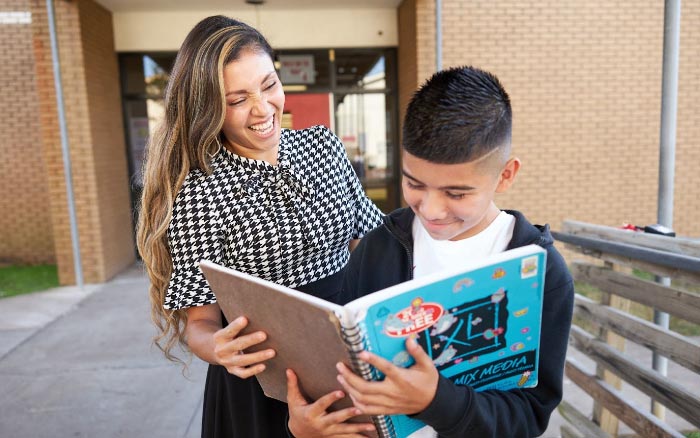
Schools’ traditional focus on academic knowledge has often been coupled with rote learning activities. These activities prioritize the memorization of a broad array of content knowledge at the expense of higher-order thinking like application, problem solving, and analysis. While lower-order tasks, like recalling and explaining memorized content, do build a basic foundation, learning too rarely builds on this foundation in the ways that are needed for deeper learning. But today, it is rigorous learning that will prepare young people for success now and in the future.
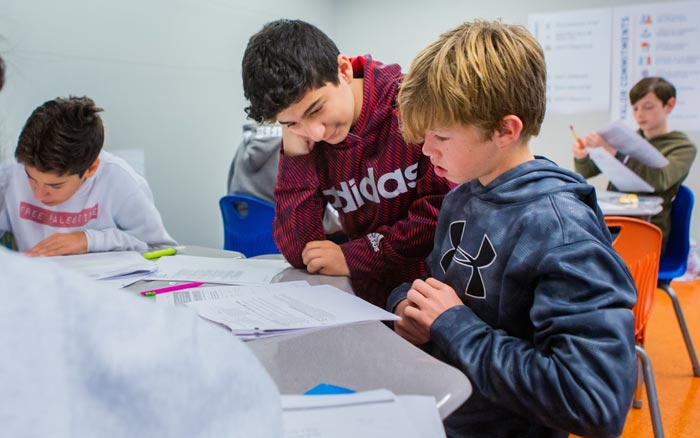
By making rigorous learning accessible to every child, the quality and impact of education for all young people can improve. Rigorous learning involves the use of critical thinking skills to make deep meaning of diverse, complex ideas and assessments that determine a student’s ability to apply, analyze, and use their knowledge in creative ways across a range of contexts. Rigorous, higher-order thinking promotes deeper, longer-lasting learning because it involves analyzing, synthesizing, and applying one’s learning. All of this helps to more meaningfully encode or embed it into long-term memory. Rigorous learning activities are also often more interesting than rote activities. As a result, learners see more value in them and are in turn more motivated and engaged. Rigor also prepares learners for changing workforce demands. Employers now expect those they hire to have a broader range of skills, including critical thinking and problem-solving skills, which are built through rigorous learning. As a result, expanding the use of higher-order thinking skills can improve the chances of career and college success for all children and prepare learners to solve the increasingly complex challenges our society faces.
This Leap Means…
- Learners completing high-order thinking tasks that encourage critical thinking, creativity, problem solving, and deep meaning making.
- Learners engaging in well-scaffolded, supported, and intellectually challenging grade-level work and learning experiences regardless of what skills they are working to master.
- Learners building conceptual and procedural knowledge.
- Learners engaging in productive struggle and making meaning for themselves.
- Learners using their knowledge and skills in creative ways across multiple contexts.
Students spen[d] more than 500 hours per school year on assignments that weren’t appropriate for their grade and with instruction that didn’t ask enough of them—the equivalent of six months of wasted class time in each core subject.
The New Teacher Project
Examples
IB Diploma Programme from International Baccalaureate (IB) (Ages 16-19)
The Diploma Programme (DP) prepares students for success in higher education and active participation in a global society through a world-class and rigorous curriculum.
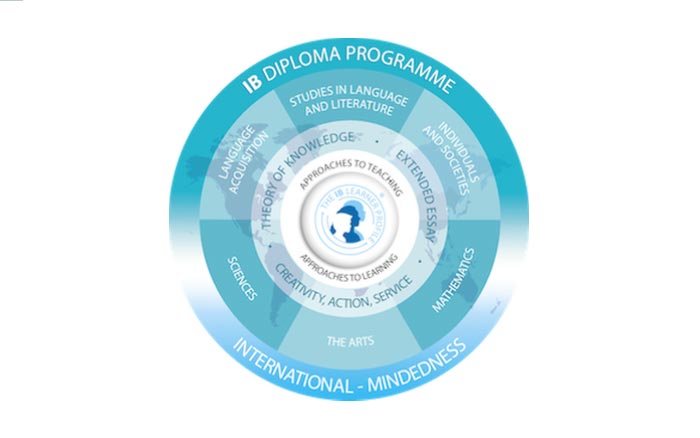
Math for the Long-View from Long-View Learning + The Number Lab (Grades K-8)
Math for the Long-View reimagines math education through an ideas-focused approach so learners can build deep mathematical knowledge and reasoning skills.
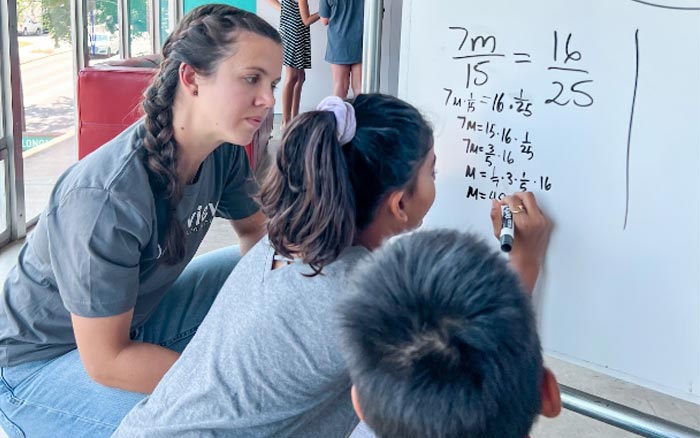
New Tech Network (Grades K-12)
The New Tech Network Model is a K-12 systemic approach to creating scalable and sustainable change so that all students are college and career ready.
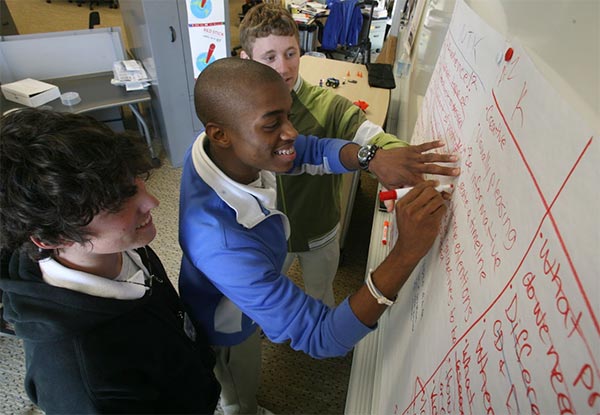
Summit Learning from Gradient Learning (Grades 4-12)
The Summit Learning program is a research-based approach to teaching and learning designed to drive student engagement, more meaningful learning, and strong student–teacher relationships that prepare students for life beyond the classroom.
